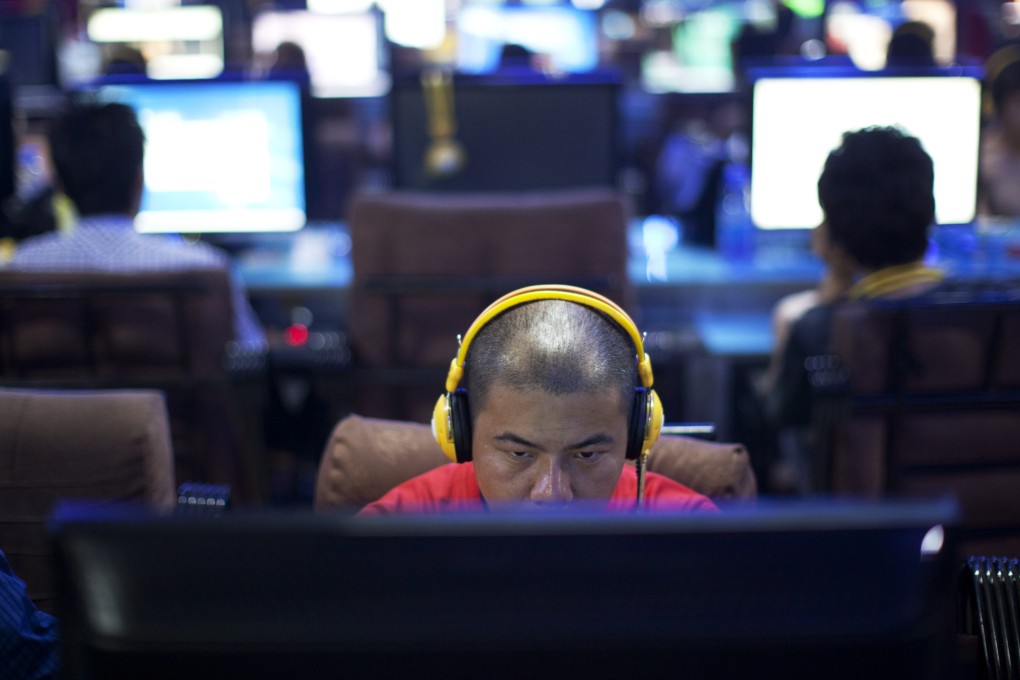It's your country, not mine: China's new language of discontent
Joshua Eisenman says the use of a potent new phrase is a way for Chinese to express discontent and distance themselves from Beijing's policies

Over the past few months, a new and divisive word has begun provoking debate across China. That word is niguo, translated as "your country", and it is the most prominent of a new lexicon of words that both mainland and overseas Chinese are using online to distance themselves from the injustice, bigotry and bad behaviour that have become commonplace in China. Lacking an open arena within which to freely express their opinions on important matters that affect their lives, a new generation of tech-savvy Chinese is using niguo to rhetorically opt out of the system and distance themselves from the Communist Party.
It is a potent term. Niguo rejects the centrality of Beijing's opinion and policies in the user's personal affairs. It is an individual declaration of independence from the party that expresses discontent. Even when used to deride unofficial bad behaviour, it remains a simple, yet powerful, critique of the institutions that impart Chinese people with distasteful anti-foreign views, jingoistic slogans, intolerant ideas and bad manners.
Not surprisingly, the growing use of the term online has upset many of China's nationalistic youth. For them, the country's strength is in national unity.
Westerners often express a similar sentiment of alienation. In the US, disaffected people have two choices: become politically active, or opt out of politics and become part of the roughly 40 per cent of Americans who don't vote.
Not surprisingly, the growing use of the term online has upset many of China's nationalistic youth. For them, the country's strength is in national unity
By contrast, in China, anti-party speech and public non-compliance are dangerous. China has over 20 million video cameras equipped with facial recognition software, online software that can locate certain phrases (for example, "Taiwan independence" or "Tiananmen massacre") and tens of thousands of internet "trolls" who seek out those who challenge Beijing and bury their posts with thousands of patriotic responses. Without a real voice, people are left with niguo and similar terms - weapons of the weak - which, out of context, are extremely hard to censor. The innocuous and sarcastic usage of these words make them nearly impossible to fully eradicate from the country's internet.